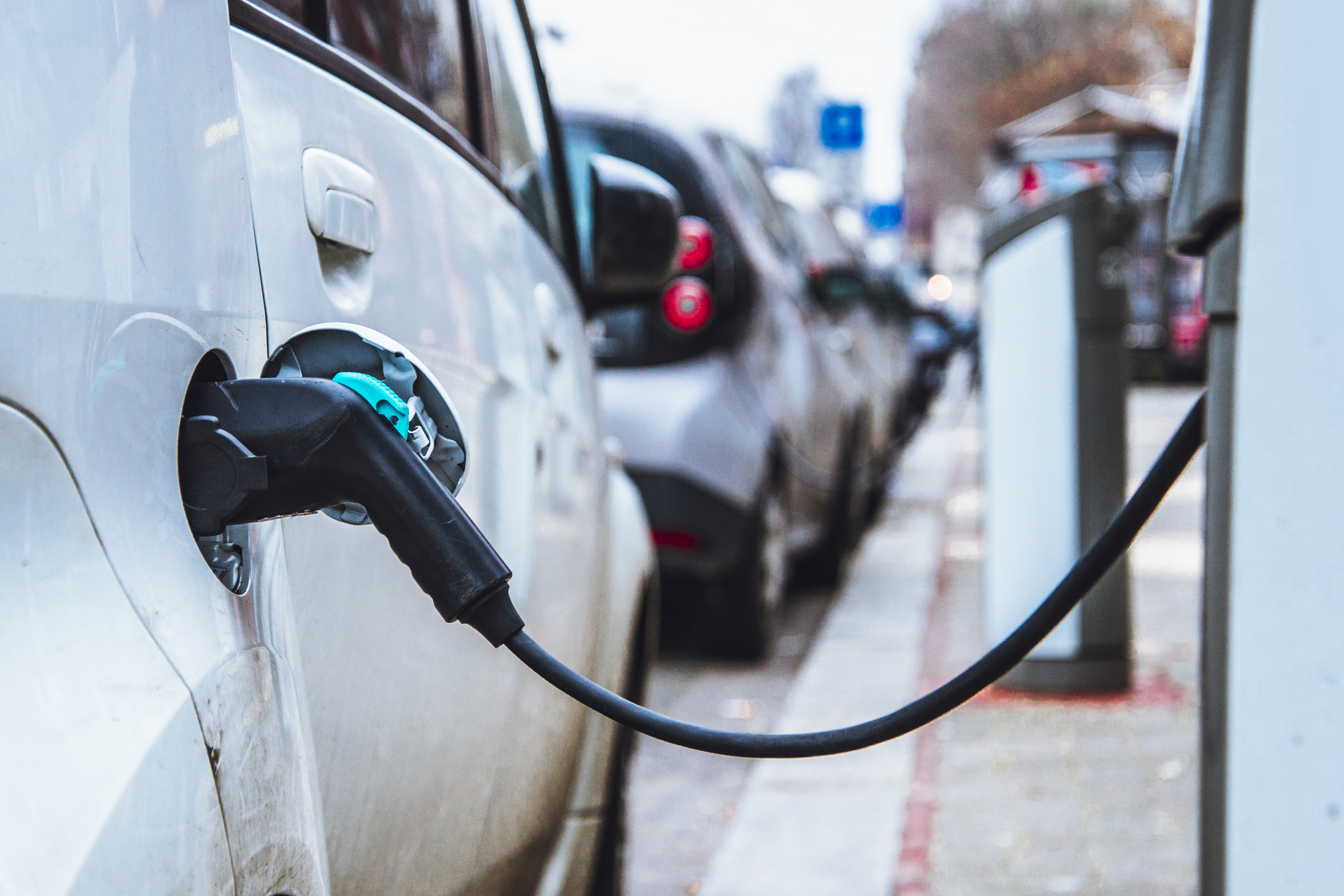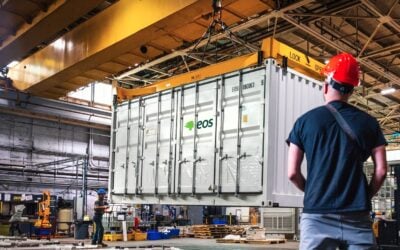
Virtual power plant (VPP) operator Next Kraftwerke and electric vehicle (EV) aggregator and smart charging platform provider Jedlix has launched a trial to test if EV batteries can be used to provide automatic frequency reserve.
The international pilot to deliver secondary control reserve, also known as automatic frequency restoration reserve (aFRR), is being run through TenneT, the transmission system operator for the Netherlands and a large part of Germany.
Enjoy 12 months of exclusive analysis
- Regular insight and analysis of the industry’s biggest developments
- In-depth interviews with the industry’s leading figures
- Annual digital subscription to the PV Tech Power journal
- Discounts on Solar Media’s portfolio of events, in-person and virtual
The two-year project will begin in early 2019 when the pair will provide aFRR through Jedlix's EV fleet and smart charging solution, while Next Kraftwerke will provide the interface to TenneT and market the aggregated energy in reserve control auctions.
By linking the fleet to Next Kraftwerke's remote control unit, Next Box, real-time data exchange will be possible while ‘setpoints’ can be received by the Jedlix fleet that changes the EVs’ power consumption.
Ruben Benders, chief executive of Jedlix, said: “We are thrilled to have this cooperation with Next Kraftwerke, which has the potential to establish the largest VPP for EVs in Europe and beyond.”
During the trial, Jedlix will be able to combine the user preferences, car data, and charging station information of those taking part for a continuous forecast of the available capacity which will be used by Next Kraftwerke in the bidding process.
By taking part in the pilot, all EV drivers can get rewarded for making the car’s flexibility available.
Paul Kreutzkamp, chief executive of Next Kraftwerke Belgium, said: “This pilot will bring essential innovation in the way electrical systems connected in private homes can contribute to TenneT’s most demanding ancillary services.
“We are very happy to be starting this transition and bringing new sources of income to households together with Jedlix, which has set itself apart when it comes to smart charging of electric vehicles.”






